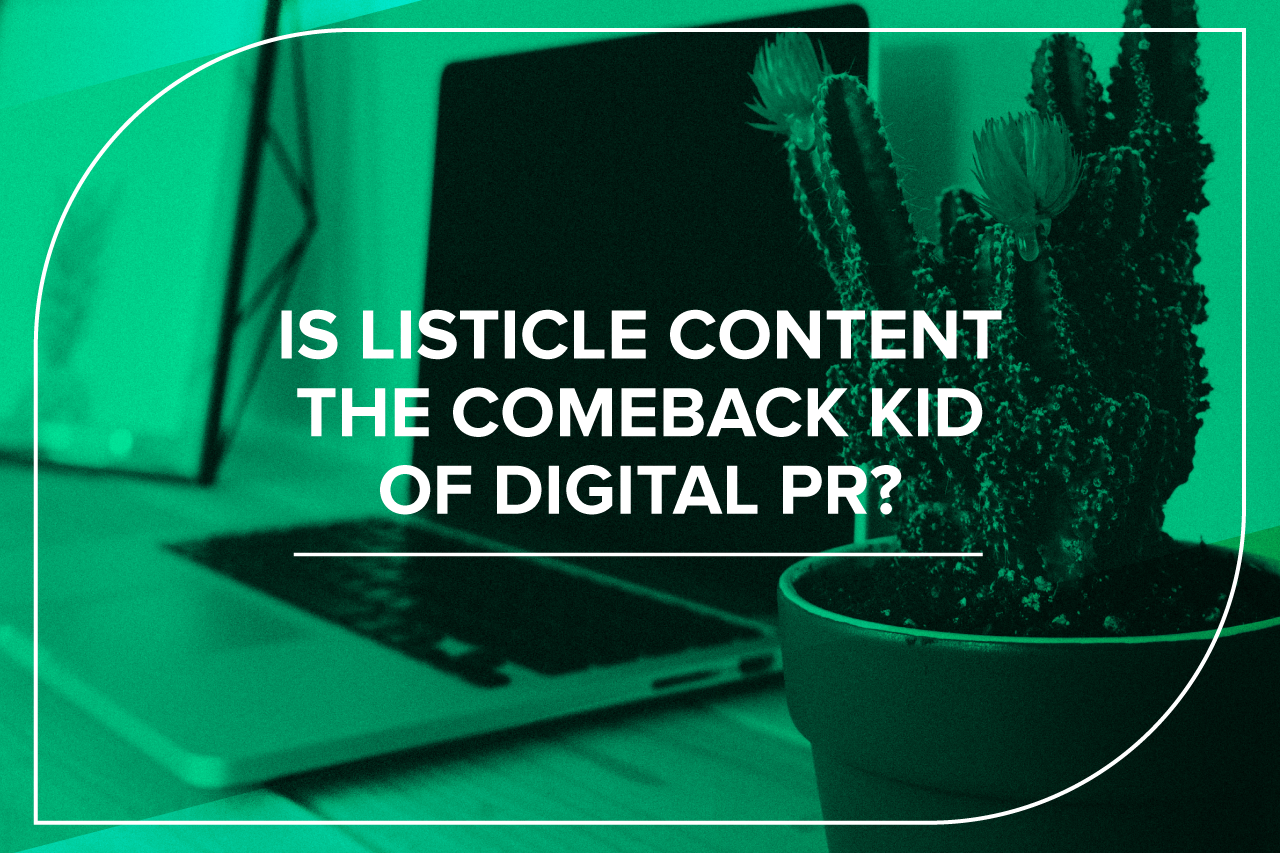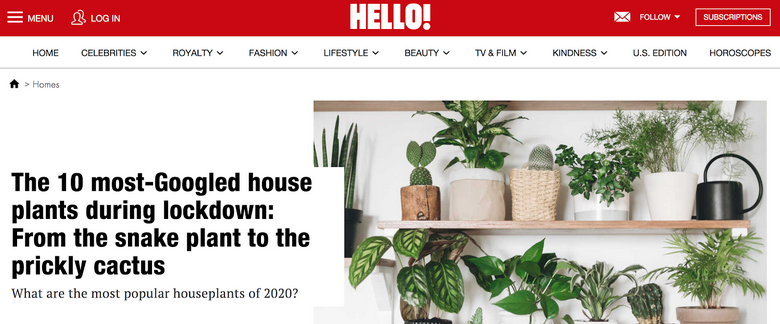Google’s 2024 Core Update and its New Spam Policies
SEO

I think it’s fair to say that this year (2020) has been very different to the one many of us planned. The virus has certainly taken its toll on agencies – on teams, clients and the campaigns we’re putting out, but instead of feeling down about that, I actually think there has been some positive impacts, or some little changes to the way many of us are conducting our campaigns.
I think pre-lockdown, many of us were committed to creating these big all singing, all dancing campaigns, many of which included masses of research, tons of design and often weeks spent developing interactive assets to varying degrees of campaign success in terms of links and topical relevance.
It always worried me creating these really resource intensive campaigns and never knowing how well they were going to perform. And it’s part of who I am to always have a plan B – I like to have a backup plan, something I’ve passed on to my team as you never know what can go wrong.
But I think lockdown quickly changed the way many agencies and brands looked at campaigns.
We had to reevaluate our tone of voice, the sentiment behind the idea and how it would land, and what content we could get out quickly to make the most of the demand for lockdown and non lockdown related stories from journalists.
What emerged was a good lesson, in ‘how to tell a good timely story with the fewest assets’ – certainly for us this has been a good test of our abilities to adapt, change tactics quickly and really focus on what journalists want rather than what WE want to offer them and get stories out with content the very same day in some cases. Listicle content has taken centre stage and is generating highly authoritative and relevant links for our clients. Now I don’t feel like it’s frowned on for being inferior quality content anymore.
What I appreciate most about listicle content is how easy it is for journalists to use – and just because it’s a listicle doesn’t mean there isn’t a good story there. The key for us is to ensure that its timely and has a decent hook for journalists, which means they cover it today rather than if a month.

screenshot of hello page
And we’ve seen a lot of success for our clients off the back of this strategy. So much so, that I’m wondering whether we need to return to the good old days of big campaign work, or whether the future of digital PR will be a more blended tactical approach, a mix of quick reactive PR wins and resource intensive creative and data-rich campaigns.
Not only have we generated some amazing links, but we’re also hitting our KPIs much quicker with a reactive PR approach, resulting in happy clients and team morale at its highest in a challenging time.
But I’d love to hear your thoughts about how COVID-19 has impacted your campaigns and if you’ll be incorporating lockdown tactics into your future digital PR strategy?